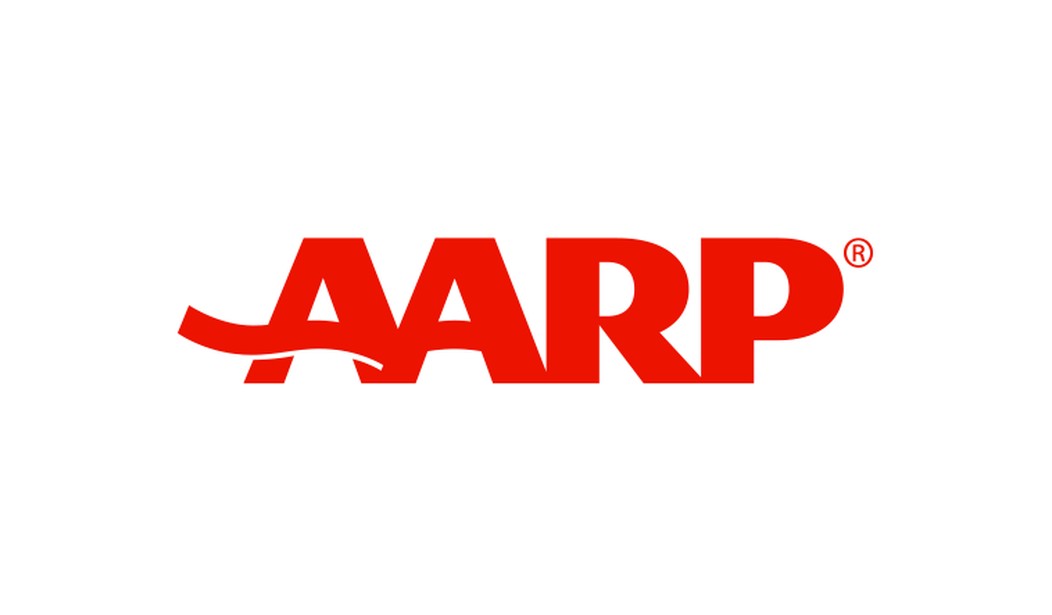AARP, once known as the American Association of Retired Persons, is still mistakenly perceived by many as a senior’s group, despite its significant transformation in recent years. In fact, the organization no longer represents anything substantial, as its original purpose and commitment to advancing the interests of seniors have seemingly vanished.
Today, AARP primarily functions as a marketing and advocacy tool for United Health, the largest health insurance company in the United States. Rather than prioritizing the well-being of seniors, AARP appears to be more focused on promoting the interests of this corporate entity. Furthermore, it is disheartening to observe that AARP's revenue is channeled into supporting Democratic candidates and causes, further blurring the lines between its supposed mission and partisan politics.
Most seniors and members of AARP are unaware of a crucial fact that highlights the organization's financial interests. AARP's revenue is not primarily derived from membership dues but from lucrative corporate royalty arrangements, notably their highly profitable deal with UnitedHealth, one of the nation's largest health insurance conglomerates. In fact, UnitedHealth's revenues now surpass those of banking giant JP Morgan.
Under this arrangement, UnitedHealth pays AARP a significant portion of every monthly premium received from its AARP-branded Medicare plans, amounting to approximately $800 million per year. That is according to Juniper Research analysis. AARP stopped disclosing the exact amount about five years ago. This financial partnership has given AARP substantial clout, allowing it to become a formidable political force.
AARP strategically invests hundreds of millions of dollars in advertising and events that cleverly stop short of openly endorsing specific candidates. However, these activities consistently align with the Democratic Party's policy priorities, subtly influencing voting preferences. This reveals a growing tendency for AARP to prioritize its association with UnitedHealth over the interests of senior citizens.
Recommended
During the heated Obamacare debate, a revealing truth emerged: while AARP members overwhelmingly voiced their opposition to the bill at a ratio of 14-to-1, AARP still threw its support behind it. It seems apparent that the allure of mandatory, subsidized health insurance proved to be a significant triumph for UnitedHealth, even though the bill included drastic Medicare cuts that deeply angered seniors.
This pattern repeated during discussions surrounding the so-called Inflation Reduction Act last year. Despite the bill’s intention to impose price controls on prescription drugs, which may provide cost savings for health insurers, the unfortunate consequence is a hindrance to innovation and the development of groundbreaking treatments for seniors.
Notably, during the misnamed Inflation Reduction Act debate, AARP organized 94 events for members of Congress. Astonishingly, only one event favored a Republican candidate who was heavily favored to win re-election. The list of Democrats involved seemed strikingly similar to the party campaign committees' roster of vulnerable members. These circumstances raise legitimate concerns about the alignment of AARP's actions with partisan interests rather than prioritizing the well-being of seniors.
Republicans have a tremendous opportunity to expose the truth about AARP's misleading advertising. Recent polling conducted by McLaughlin and Associates for the conservative group American Commitment reveals concerning findings among voters aged 55 and older:
- Over 80% of AARP members worry that the organization receives billions in corporate royalties from health insurance giants like United Healthcare, all while actively lobbying lawmakers and government officials on matters related to drug and insurance costs.
- Shockingly, 80% of these members are unaware that AARP endorsed and supported Biden's Inflation Reduction Act, which brought about changes to Medicare.
- An overwhelming 85% express concerns that these changes could hinder the development of groundbreaking medical advancements and cures for chronic diseases.
Once seniors are made aware of these facts, they unequivocally reject the dubious partnership between AARP and UnitedHealth. This collaboration only serves to drive up healthcare costs for all, particularly our esteemed senior citizens.
Conservative seniors may find it prudent to disengage from AARP and instead join a senior organization like the Association of Mature American Citizens, or AMAC. AMAC bills itself as "the conservative alternative to AARP," offering comparable services while embracing a more free-market perspective. AMAC provides a viable alternative to AARP, eschewing any liberal bias.
AMAC ensures that the voices of its two million members are heard in Congress, the White House, and the national media. Its focus is on defending constitutional rights, fiscal responsibility, federal solvency, and accountability in government. AMAC’s commitment to advocacy is evident through AMAC action, their sister nonprofit organization that advances conservative initiatives at all levels of government. Members can participate in grassroots advocacy efforts to support AMAC’s mission.
How can AARP effectively advocate for reduced healthcare costs for seniors when they are financially entwined with one of America's largest health insurers? The answer is simple—it cannot!
























Join the conversation as a VIP Member